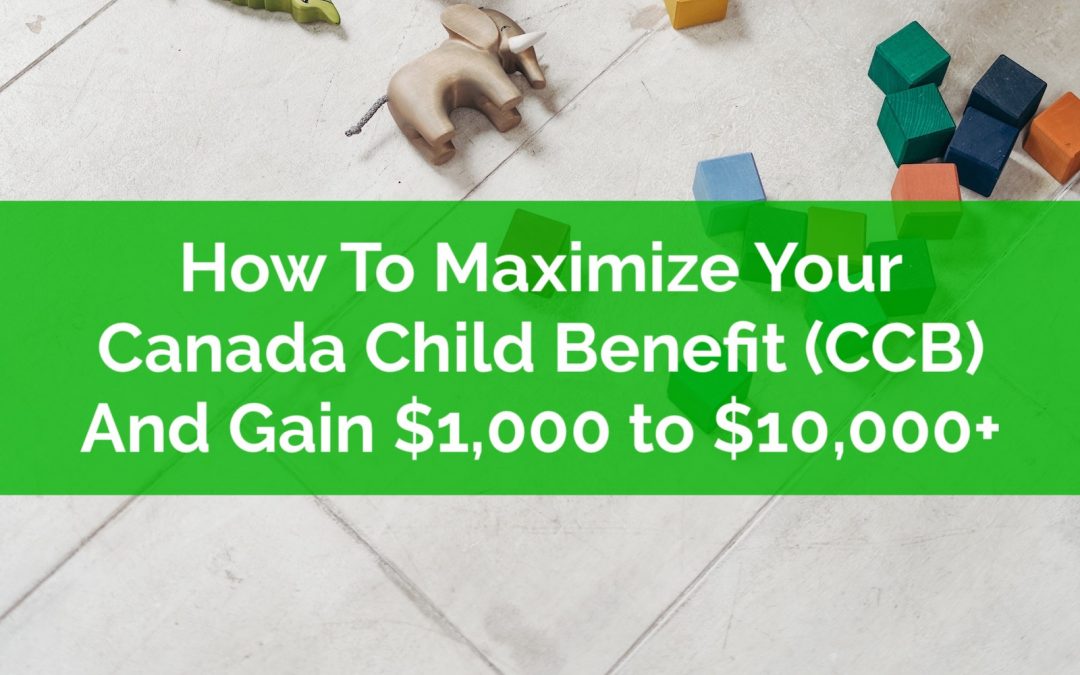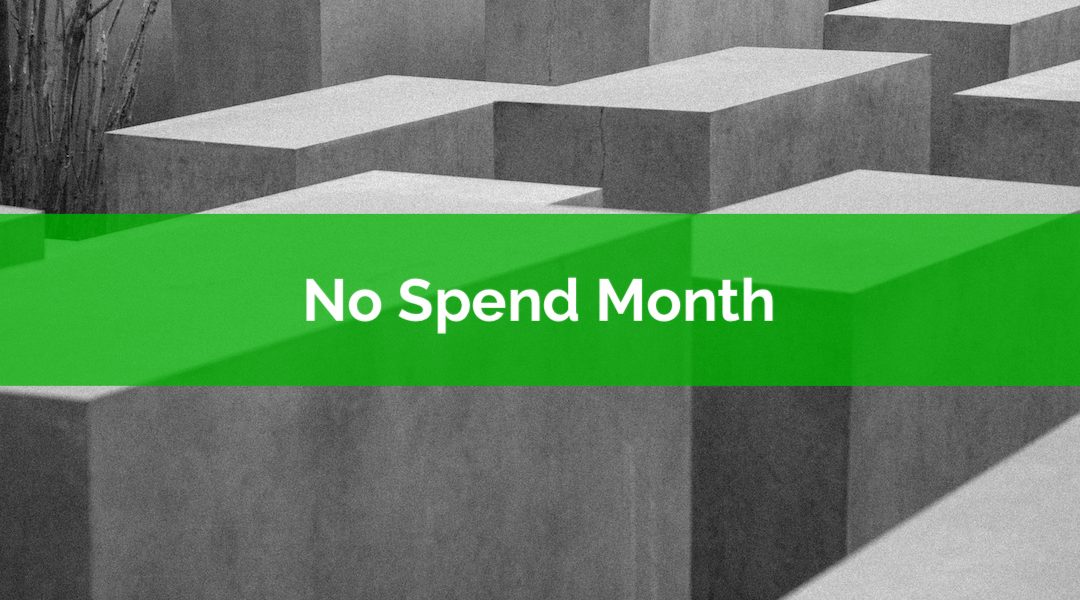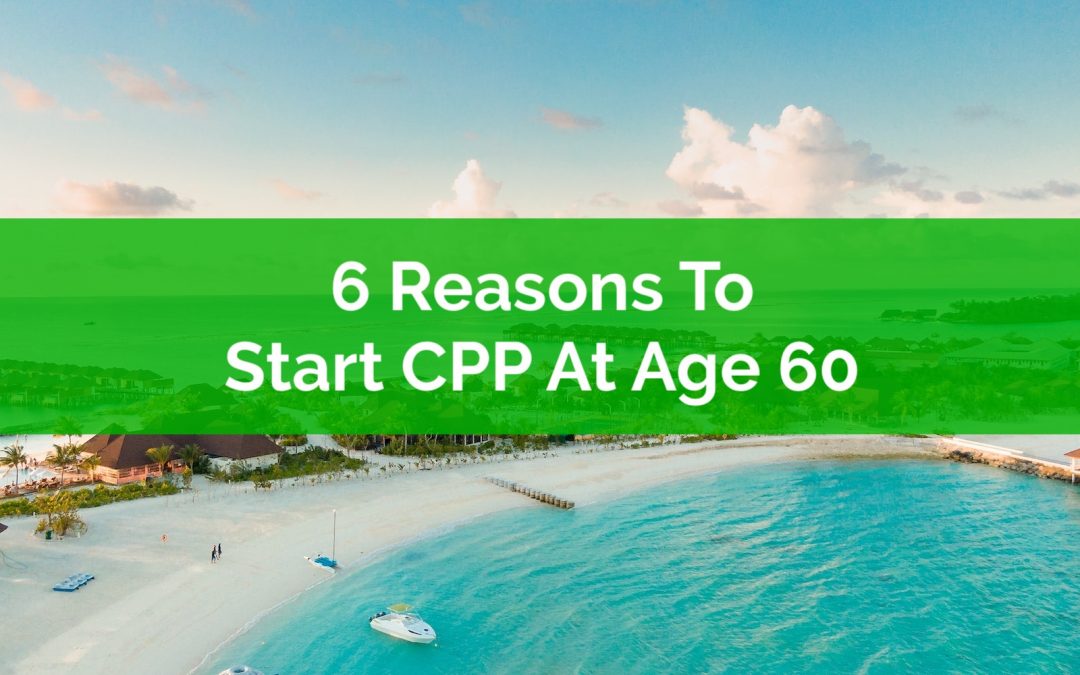“Welcome to the PlanEasy blog! We make personal finance easy.
Thanks for visiting.”
– Owen

How To Maximize Your Canada Child Benefit (CCB) And Gain $1,000 to $10,000+
If you currently have children, or if you’re planning to have children soon, or if you know someone with children, then this blog post could help you increase the Canada Child Benefit (CCB) by $1,000’s or even $10,000’s.
The Canada Child Benefit is a generous government benefit. It’s available to families with children aged 17 and under. This benefit is based on taxable income and can be maximized with some careful planning.
By using just two common accounts, the TFSA and the RRSP, we can maximize the Canada Child Benefit (CCB) and also minimize income tax.
The net result is $1,000’s or $10,000’s in additional Canada Child Benefit (CCB) and potentially $100,000+ in additional net worth over the course of a financial plan.
In this blog post we’re going to go through a specific example of how one family can boost their Canada Child Benefit by over $55,000, and when combined with income tax reductions, improve their overall net worth by $300,000+

Break Bad Spending Habits: Do A ‘No Spend’ Month
Habits. They’re both good and bad.
Habits are tough to change because for the most part they occur subconsciously. You’re not really in control. You may not even realize it’s a habit. You think you’re making a decision but really it’s just a habit driving your actions.
When you have a habit, good or bad, you’ve been wired through repetition and rewards to make the same actions over and over. Truthfully you have very little control.
Habits form when a behaviour is repeated often enough to become automatic. There are typically three phases to creating a habit, the cue, the routine, and the reward.
For example, a regular exercise routine is an extremely beneficial habit. Regular exercise can greatly improve your overall health and wellbeing. Getting 75 minutes of exercise each week can extend your lifespan by as much as 4.5 years! (Not to mention you feel so much better!)
Unfortunately, habits can work against you too. Bad habits can form just as easily as good habits.
Bad habits usually form during stressful times, during big life changes, and when you’re bored.
Bad spending habits are particularly easy to form because there is an immediate reward for spending money. Bad spending habits are also easily formed because there are spending cues all over the place in the form of advertisements.
Bad spending habits can be very detrimental to your financial health. Even a few bad spending habits can cost you $50-$100 per week. Over the course of your lifetime those habits can cost you hundreds of thousands of dollars (See the difference just $10/day makes!)
If you think you may have some bad spending habits I’ve got a challenge for you!
Try doing a “no spend” challenge this month. For the next 30 days you should spend no money at all. NOTHING!
Doing a “no spend” month is a great way to reset your spending habits (and save a bunch of money!)

6 Reasons To Start CPP At Age 60
When is the best time to start CPP benefits? In some cases, delaying CPP until age 70 is a wise choice. But in other cases, it might be best to start CPP at age 60.
In this blog post we’re going to look at six good reasons to start CPP at age 60.
Starting CPP at age 60 will mean a smaller monthly benefit but it also means getting CPP income earlier. Starting CPP at age 60 will decrease the size of the benefit by 36% versus the calculated amount at age 65, but even this reduced amount can be $10,000 per year or more!
This reduction in CPP benefits is called the actuarial adjustment and it’s 0.6% for each month that CPP starts before age 65. The maximum reduction is 36% if CPP starts at age 60 but this same rule applies to any start age in between. Start CPP 2-years early at age 63? That’s a 14.4% reduction (24-months x 0.6% per month). Start CPP 3.5-years early at age 61.5? That’s a 25.2% reduction (42-months x 0.6% per month).
Despite the reduction in monthly benefits there are a few very good reasons to start CPP at age 60…

Owen Winkelmolen
Advice-only financial planner, CFP, and founder of PlanEasy.ca
“Welcome to the PlanEasy blog! We make personal finance easy.
Thanks for visiting.”
– Owen
New blog posts weekly!
Tax planning, benefit optimization, budgeting, family planning, retirement planning and more...

How To Maximize Your Canada Child Benefit (CCB) And Gain $1,000 to $10,000+
If you currently have children, or if you’re planning to have children soon, or if you know someone with children, then this blog post could help you increase the Canada Child Benefit (CCB) by $1,000’s or even $10,000’s.
The Canada Child Benefit is a generous government benefit. It’s available to families with children aged 17 and under. This benefit is based on taxable income and can be maximized with some careful planning.
By using just two common accounts, the TFSA and the RRSP, we can maximize the Canada Child Benefit (CCB) and also minimize income tax.
The net result is $1,000’s or $10,000’s in additional Canada Child Benefit (CCB) and potentially $100,000+ in additional net worth over the course of a financial plan.
In this blog post we’re going to go through a specific example of how one family can boost their Canada Child Benefit by over $55,000, and when combined with income tax reductions, improve their overall net worth by $300,000+

Break Bad Spending Habits: Do A ‘No Spend’ Month
Habits. They’re both good and bad.
Habits are tough to change because for the most part they occur subconsciously. You’re not really in control. You may not even realize it’s a habit. You think you’re making a decision but really it’s just a habit driving your actions.
When you have a habit, good or bad, you’ve been wired through repetition and rewards to make the same actions over and over. Truthfully you have very little control.
Habits form when a behaviour is repeated often enough to become automatic. There are typically three phases to creating a habit, the cue, the routine, and the reward.
For example, a regular exercise routine is an extremely beneficial habit. Regular exercise can greatly improve your overall health and wellbeing. Getting 75 minutes of exercise each week can extend your lifespan by as much as 4.5 years! (Not to mention you feel so much better!)
Unfortunately, habits can work against you too. Bad habits can form just as easily as good habits.
Bad habits usually form during stressful times, during big life changes, and when you’re bored.
Bad spending habits are particularly easy to form because there is an immediate reward for spending money. Bad spending habits are also easily formed because there are spending cues all over the place in the form of advertisements.
Bad spending habits can be very detrimental to your financial health. Even a few bad spending habits can cost you $50-$100 per week. Over the course of your lifetime those habits can cost you hundreds of thousands of dollars (See the difference just $10/day makes!)
If you think you may have some bad spending habits I’ve got a challenge for you!
Try doing a “no spend” challenge this month. For the next 30 days you should spend no money at all. NOTHING!
Doing a “no spend” month is a great way to reset your spending habits (and save a bunch of money!)

6 Reasons To Start CPP At Age 60
When is the best time to start CPP benefits? In some cases, delaying CPP until age 70 is a wise choice. But in other cases, it might be best to start CPP at age 60.
In this blog post we’re going to look at six good reasons to start CPP at age 60.
Starting CPP at age 60 will mean a smaller monthly benefit but it also means getting CPP income earlier. Starting CPP at age 60 will decrease the size of the benefit by 36% versus the calculated amount at age 65, but even this reduced amount can be $10,000 per year or more!
This reduction in CPP benefits is called the actuarial adjustment and it’s 0.6% for each month that CPP starts before age 65. The maximum reduction is 36% if CPP starts at age 60 but this same rule applies to any start age in between. Start CPP 2-years early at age 63? That’s a 14.4% reduction (24-months x 0.6% per month). Start CPP 3.5-years early at age 61.5? That’s a 25.2% reduction (42-months x 0.6% per month).
Despite the reduction in monthly benefits there are a few very good reasons to start CPP at age 60…
Join over 250,000 people reading PlanEasy.ca each year. New blog posts weekly!
Tax planning, benefit optimization, budgeting, family planning, retirement planning and more...
Join over 250,000 people reading PlanEasy.ca each year. New blog posts weekly!
Tax planning, benefit optimization, budgeting, family planning, retirement planning and more...
